Essay
How Translated Literature Inspired Me To Learn New Languages
It all began during the summer reading project of 2018. I was trying to read the literature of different countries and cultures. My goal was to read at least three books originally written in a different language or set in a place other than the U.S.A., the UK, or even India. I had shortlisted a handful of countries that interested me the most at the time. At the same time, I was trying to inculcate reading as a hobby into my younger sister’s life. We were reading The Book Thief together – my way of introducing her to history as a collection of human mistakes, rather than plain dates, as we are often taught in school.
My sister would often break the reading silence to ask for the meaning of words she didn’t understand. Most of them were German words, which we’d translate into English. By the time she finished reading The Book Thief, we knew that ‘danke’ meant ‘thank you’, ‘ja’ meant ‘yes’, and ‘nein’ stood for ‘no’. We even tried to pick up some basic sentences and phrases. Both my sister and I connected with German the same way the character of Liesel (in the book) connected with books, Max, and Hans.
This reading experience got me thinking of how learning the most basic words in a foreign language made me feel connected to a place I’d never visited. And, it started me on the path of needing to learn a new language.
Why German And Italian
The beauty of the Italian language caught me unawares after I watched and read Call Me By Your Name. I found the language romantic. I wanted to read old love letters, postcards, and family recipes written in old Italian. I wanted to be able to write in Italian as well. Just as Elio and Oliver fell in love, I fell in love with the language they seemed to use more frequently than the rest.
The German language caught my attention because of The Book Thief. Since it was set in Germany during World War II, I became increasingly interested in learning the role the language had played in uniting and brainwashing an entire nation. Were the people impacted by just the words used in the speeches? Or, did language play a major role in catalysing a genocide?
I was aware that both these books, The Book Thief and Call Me By Your Name, were originally written in English, so I couldn’t entirely base my infatuation for the languages on the few times the books mentioned them. Besides, I still had my summer project to complete. So, I grabbed a few books that were originally written in German or Italian and bought their translations as well.
The Reading List
My reading list looked something like this:
German
- Metamorphosis by Franz Kafka
- Death In Venice by Thomas Mann
- The Tin Drum by Günter Grass
Italian
- If On A Winter’s Night A Traveller by Italo Calvino
- The Name Of The Rose by Umberto Eco
- My Brilliant Friend by Elena Ferrante
Using Translations Made No Difference
I believed that reading some of these books would feel like I was finally home. Armed with only a very basic understanding of these languages, I depended on the translations to understand the context of the stories. After that, I was planning to compare the translations to the original texts, hoping that it might make reading the original books easier.
Even though the translations would have an occasional word in the original language, this process somehow felt wrong – almost as if I was lying to myself. I was unable to connect with the language or the story. While reading the books that had inspired me to learn the languages, I’d immediately connected with the characters, the plot as well as the occasional usage of a foreign language. It used to be fun but now, it had become a task. Not only was I unable to pick up the language, I didn’t even have the heart to try.
It was only later that I realised this was because I had started to read these books for the sake of learning a language, and not for the story. I was not invested in the story because, subconsciously, I did not want to be. I was reading the books to find the decisiveness of the German language and the romance and carefreeness of Italian, all of which were missing in the translations. I felt as though I was reading Hamlet without the famous monologues.
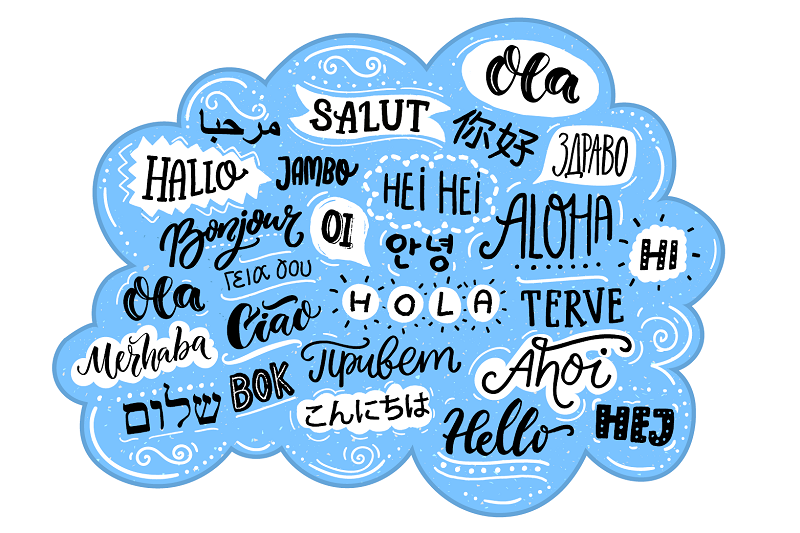
(Image via Swansea Student Media)
I was dissatisfied and disappointed while reading the translations. While I do not imply that reading translations is wrong, it didn’t work for me because I was extremely aware that I was reading a translated work. I had different expectations when it came to my reading experience. My problem was that I wasn’t reading the books in their original language, and that reality gnawed at me. I had no way of knowing how accurate these translations were, or if the emotions and subtleties of the original book had been translated into English, just as the author had intended.
It felt as though I was standing at the door of a secret club where everyone knew a coded language other than me. I understood enough to reach the door of the club, just not the amount that would actually take me through it.
I realised that I couldn’t empathise with the characters or understand the nuances of the language they wrote, thought, and dreamed in. I didn’t understand how the characters could string letters together into words and full sentences. Did they struggle to remember the English word for ‘apfel’ (apple) or ‘sposa’ (bride) in these translated pages as much as I struggled to remember the syntax of their language? Were they still able to empathise with one another now that they spoke a different tongue? Did the characters find their translated reality confusing? Were we, the readers, missing out on nuances and emotions in the translation?
To put it simply, were vital elements lost in the translation? For example, German has grammatical genders and is divided into three categories – masculine, feminine and neuter nouns. But English can hide the gender of a person throughout an entire novel. In To Kill A Mockingbird, Harper Lee hides the gender of Scout through the first 60 pages, but the German translation specifies this in the very first page itself.
Why Learning German And Italian Became Important
How could I answer these questions without knowing all the facts? I could only assume that the translations did the best they could, but the assumption wasn’t enough for me – I needed to know for myself. I wanted to be as decisive, passionate and romantic as the characters in the books I was reading. I wanted to be able to read, think, speak, dream and write in the languages Liesel and Elio did. I wanted to be able to talk to them in their language. However fictitious it might be, the characters still had their own universe and I desperately wanted to be a part of it. I did not want to be stopped by the gatekeepers of their world just because I did not know the language.
***
The summer of 2018 started with reading books and watching literary adaptations, and, by the end, two questions dangled in front of me: ‘Was I willing to learn two new languages – German and Italian – to simply know what the author meant and not what the translator interpreted? Did I need to know the answers that badly?’ This challenge, to me, was both exciting and intimidating. I understood it was not going to be an easy task, but I also understood that this inexplicable thirst would not be satisfied with second-hand experiences. So, I decided I would learn, and I did. Word by word, I did.


Harshpreet Kaur
Harshpreet is a student who likes to think that she has been writing "professionally" for the last two years - balancing research papers and stories, one at a time. She was sorted fifteen times into Hufflepuff by the official Sorting Hat. Sounds weird? Yeah, she gets that a lot. She adores Neil Gaiman’s work and wishes to be as brave as Coraline. Follow her on Instagram.
You can read her articles here.

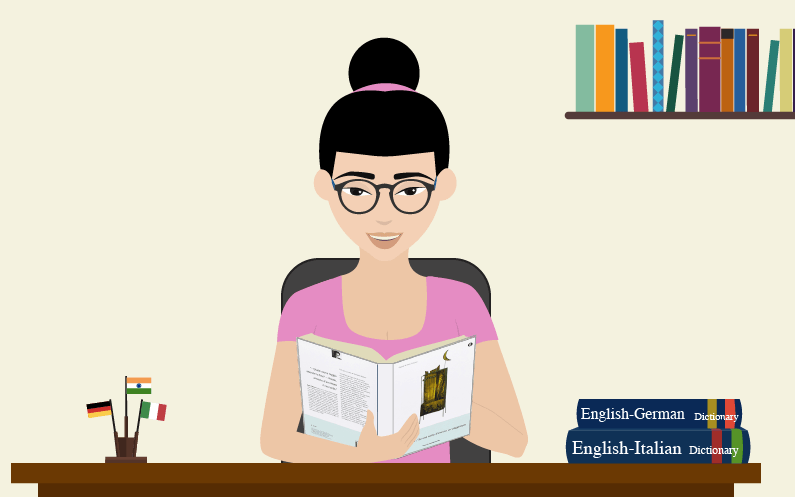
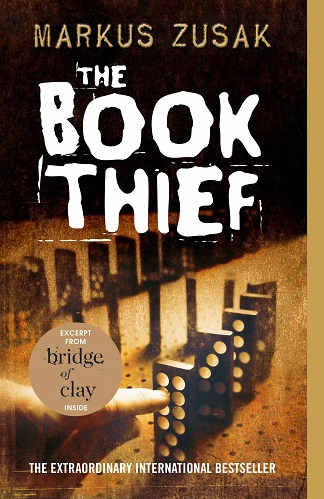
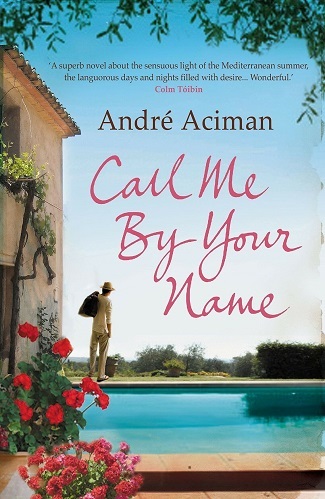

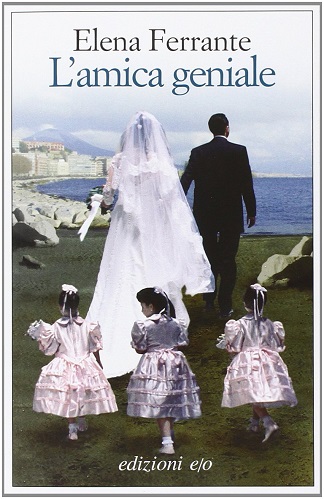


Nice piece. I liked the way you dissected the intricacies of the languages and highlighted the differences.
Thank you!